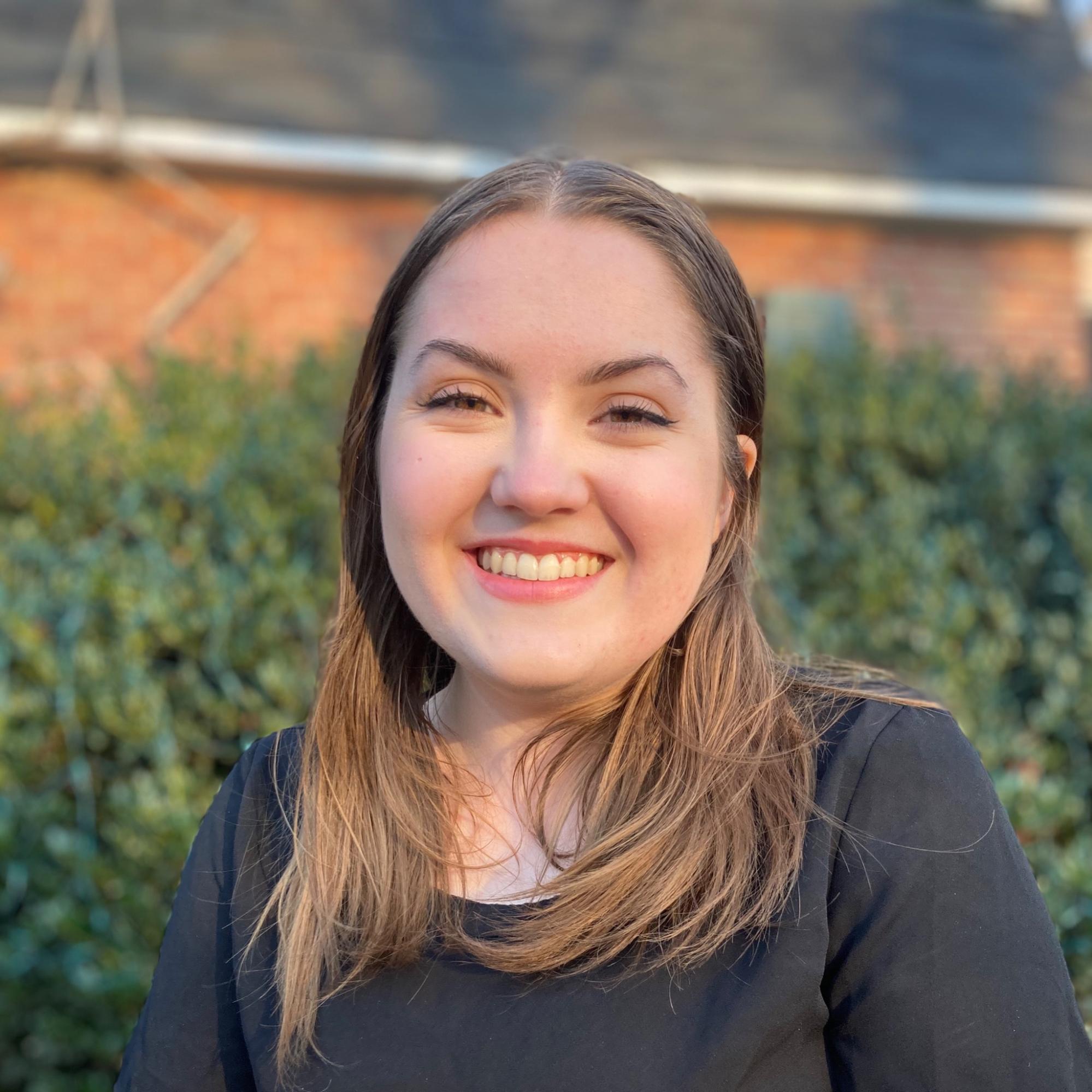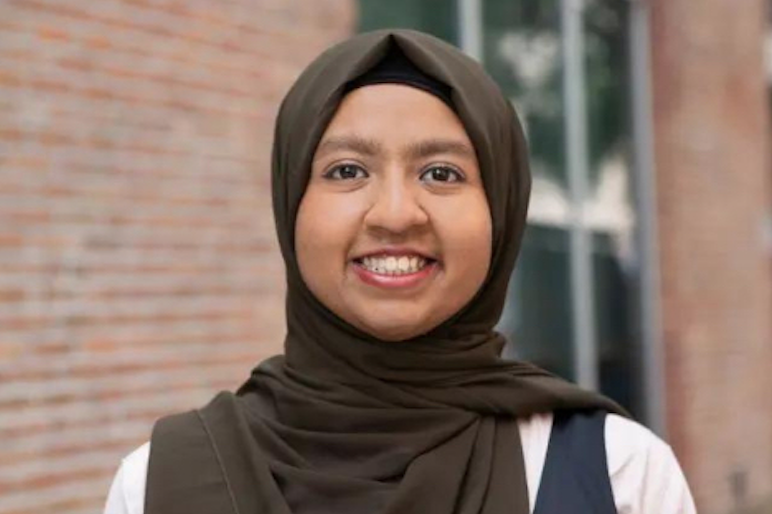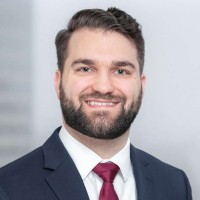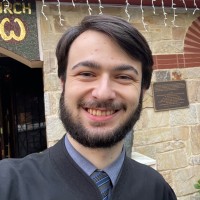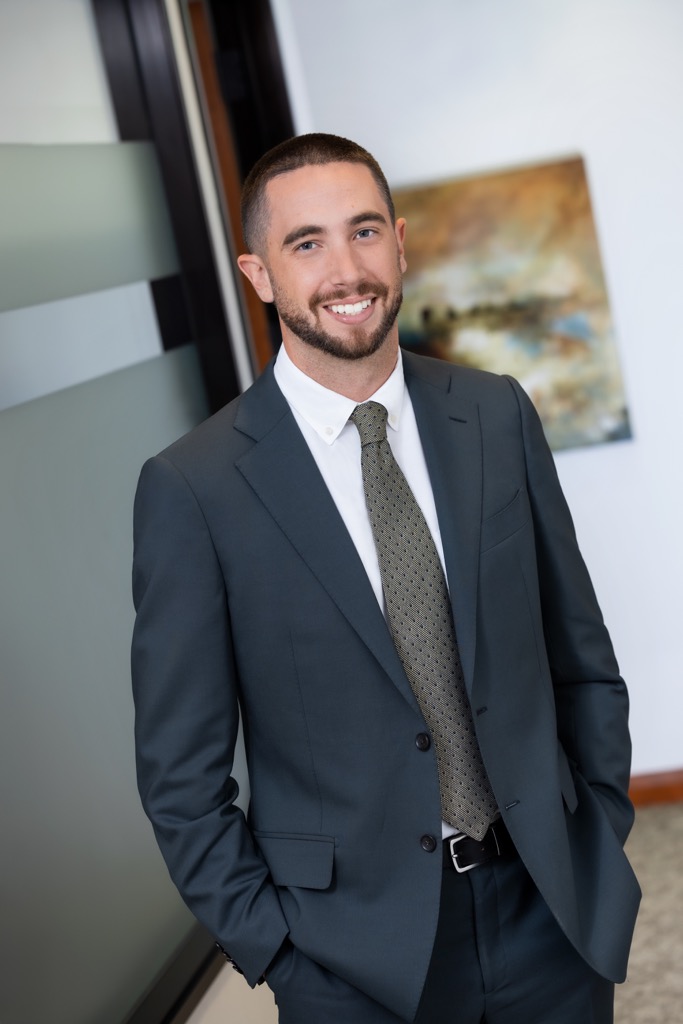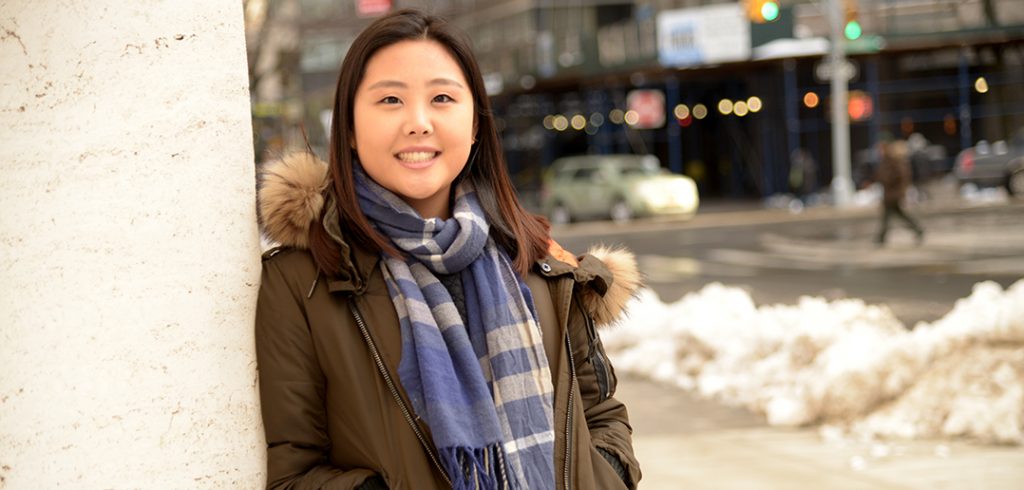Undergraduate Theology Alumni Spotlights
We are so proud of the thousands of students who have pursued a Theology major or minor at Fordham and stand in awe at the range of places Theology has taken them after graduation.
To be sure, some of our most dedicated undergraduate theology majors have gone on to pursue a PhD in the academic study of religion and theology. They are now published scholars, and professors in our field. Among these alumni are people like Dr. Joe Vignone, FCLC ’14, professor of Islam in the history department at Gonzaga University, Dr. Kathleen Mroz, FCRH ’11, professor of theology at Emanuel College, Dr. Meghan Clark, FCRH ‘03, professor of bioethics at St. John’s University, Dr. Xavier M. Montecel, FCRH ’12, who teaches moral theology in San Antonio Texas, and Dr. Natalia Imperatori-Lee, FCRH ’99, a feminist theologian at Manhattan College. Fordham’s Department of Theology is nurturing the next generation of scholars, beginning with our undergraduate students and continuing with our MTS and PhD students.
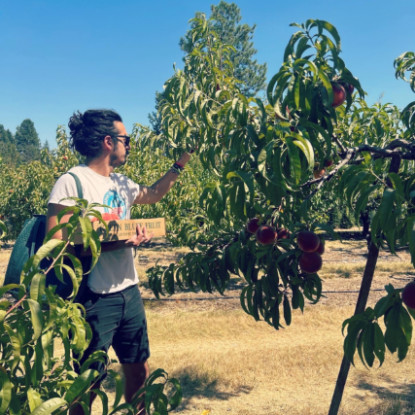
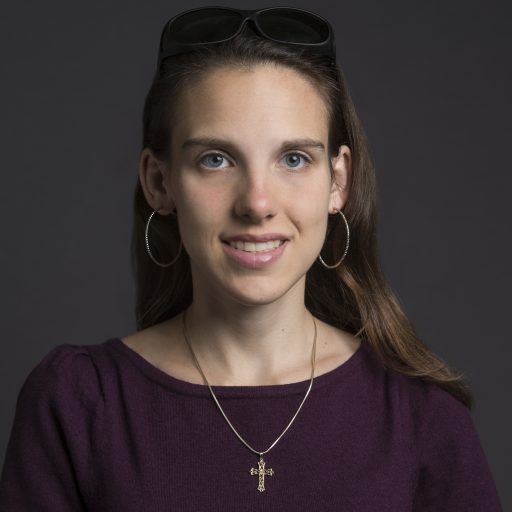
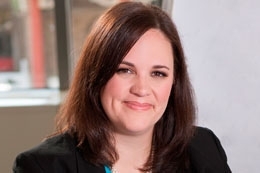
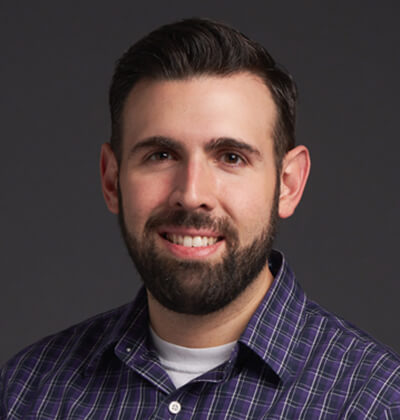
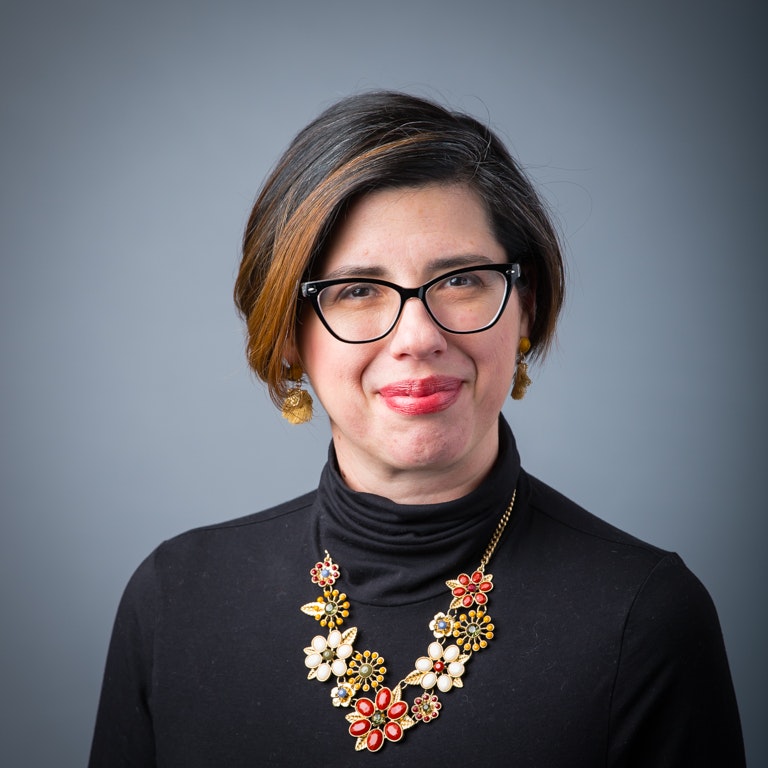
However, the vast majority of our undergraduate students pursue theology alongside other courses of study in preparation for careers that, on the face of it, aren’t connected to theology in any obvious way.
“I was blown away by how philosophical the theology courses were. They asked questions about why we believe in God, and why certain religions revere a godlike figure at all. I really like asking those questions.”
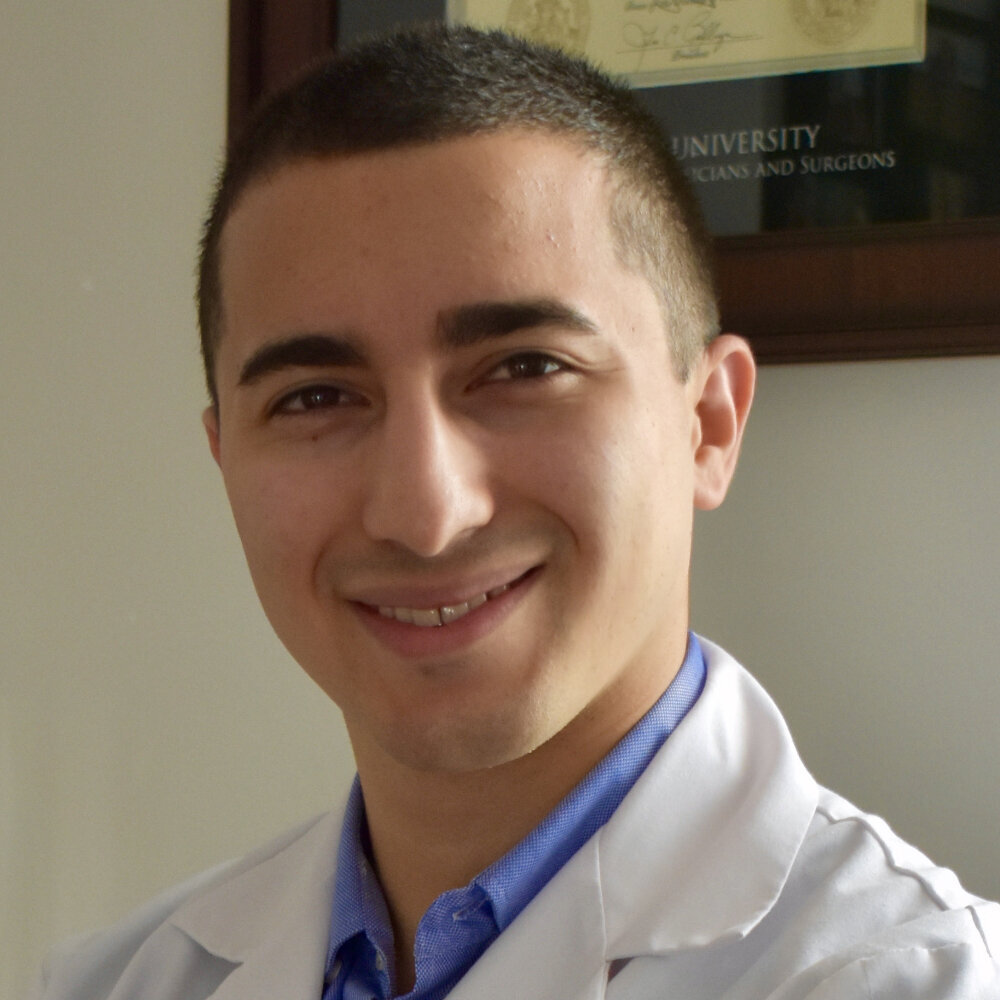
“The trends in medicine today are moving away from just understanding the pure sciences toward trying to understand the person as a whole, which I think a Jesuit education is pretty well suited to do, given the whole message of cura personalis.”

“I’m very interested in biology and the mechanisms of life, and theology gives a meaning to life beyond those mechanisms. It’s two ways of looking at life, and you can’t just focus on one or the other in order to have a full appreciation of what life is.”
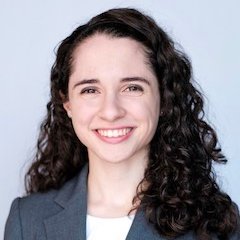
“My theology major at Fordham trained me so well to do the central work of an attorney: read and interpret old, authoritative texts and analyze them with care and creativity in a short timeframe. My courses also enabled me to explore issues of justice, community and faith and I would recommend theology to anyone considering law.”
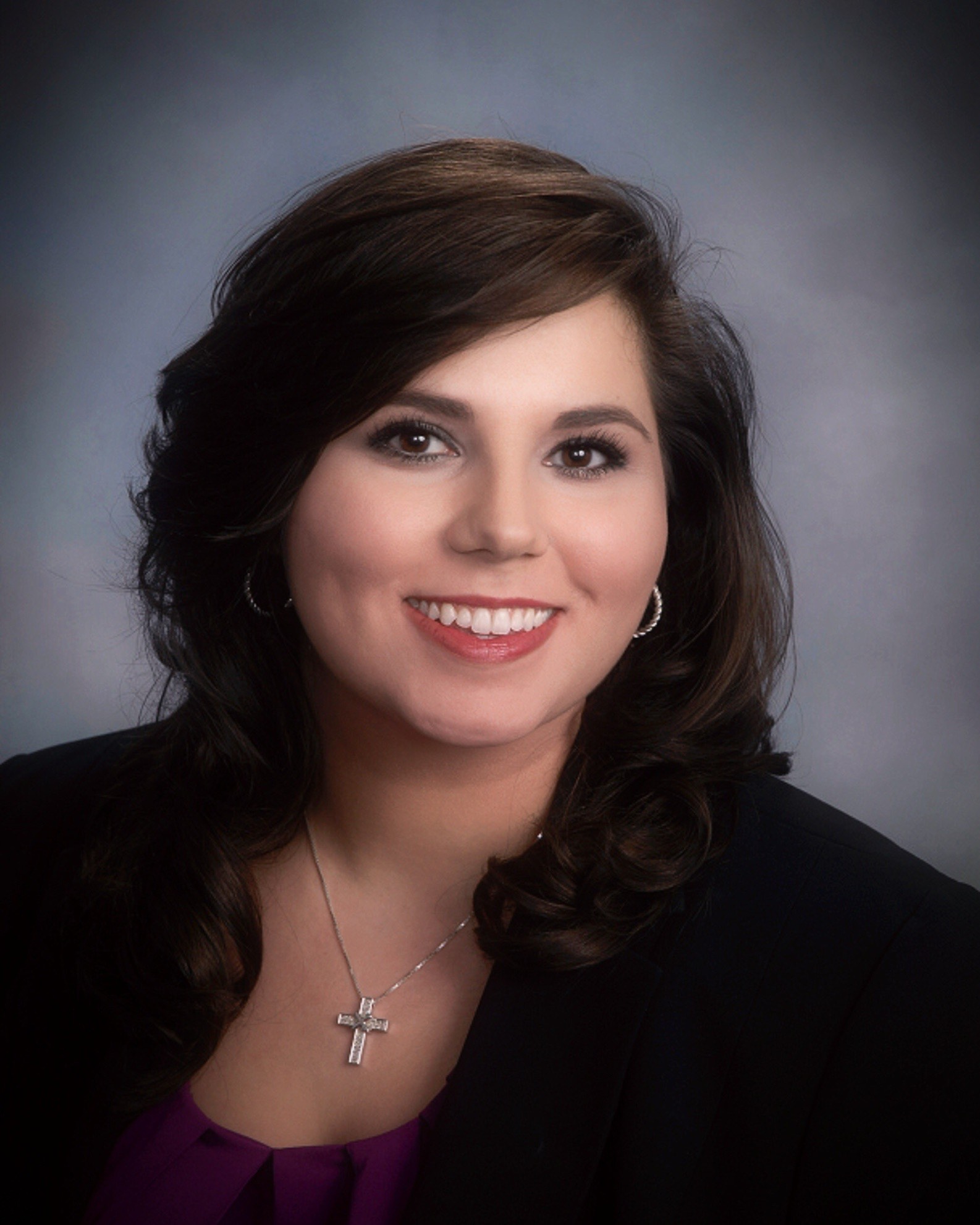
“Theological study shapes what and why I believe, teaches me the debates that formed that doctrine, and gives me a comprehension of a range of historical and cultural viewpoints. In the often confusing corridors of government (I was a political speechwriter), in the realm of self-care (I own an esthetics business), in service to those in recovery (I am sober from alcoholism), and in the most precious work of shepherding young souls (I have three small children), I am empowered me to describe and share my faith in the Gospel, while also navigating with grace and understanding a world full of diverse beliefs.”

“While having to work in a very high-paced environment, there is a culture of ‘getting things done,’ without really stopping to ask, question, and consider larger scale implications of ‘straightforward actions.’ Studying theology taught me how to face and engage a problem, applying research and an implications-focused approach to day-to-day actions, as well as the consequences our actions might bring to the communities that our trading operations impact.”
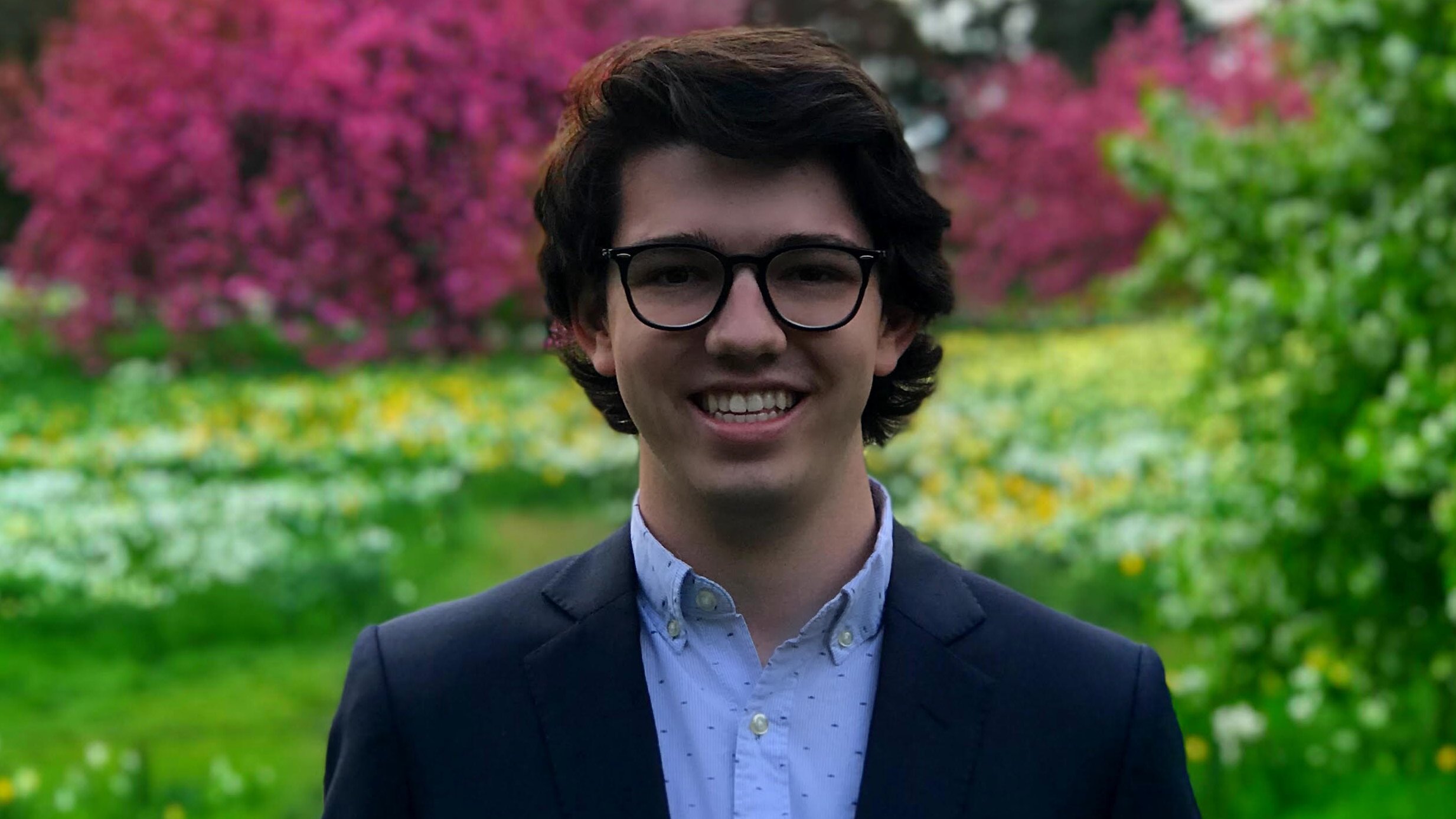
“Studying theology at Fordham set me on my career path. Thanks to the support and mentoring of the Department's faculty, I attended Yale Divinity School and subsequently worked at Catholic Relief Services (CRS), forming, educating, and training lay leaders to advocate for federal policies that advance the global common good. I left CRS after seven years to become the Director of the Office of Justice, Peace, and Integrity of Creation for the Daughters of Charity in the United States, where I've been supporting the sisters as they develop plans for how to pursue justice and peace in the current moment.
My studies also helped me build skills that have been indispensable to my career: the ability to engage texts and ideas critically, analyze arguments, and write clearly and compellingly. These skills have not only served me well professionally but are essential if we hope to overcome the hyperpolarization and sophistry that is pervading our society. Perhaps most importantly, though, my theological education has enabled me to communicate the "why" behind organizations' mission and work, whether to executives working on a strategic plan, lay leaders preparing to advocate on Capitol Hill, or women religious as they accompany vulnerable communities.”
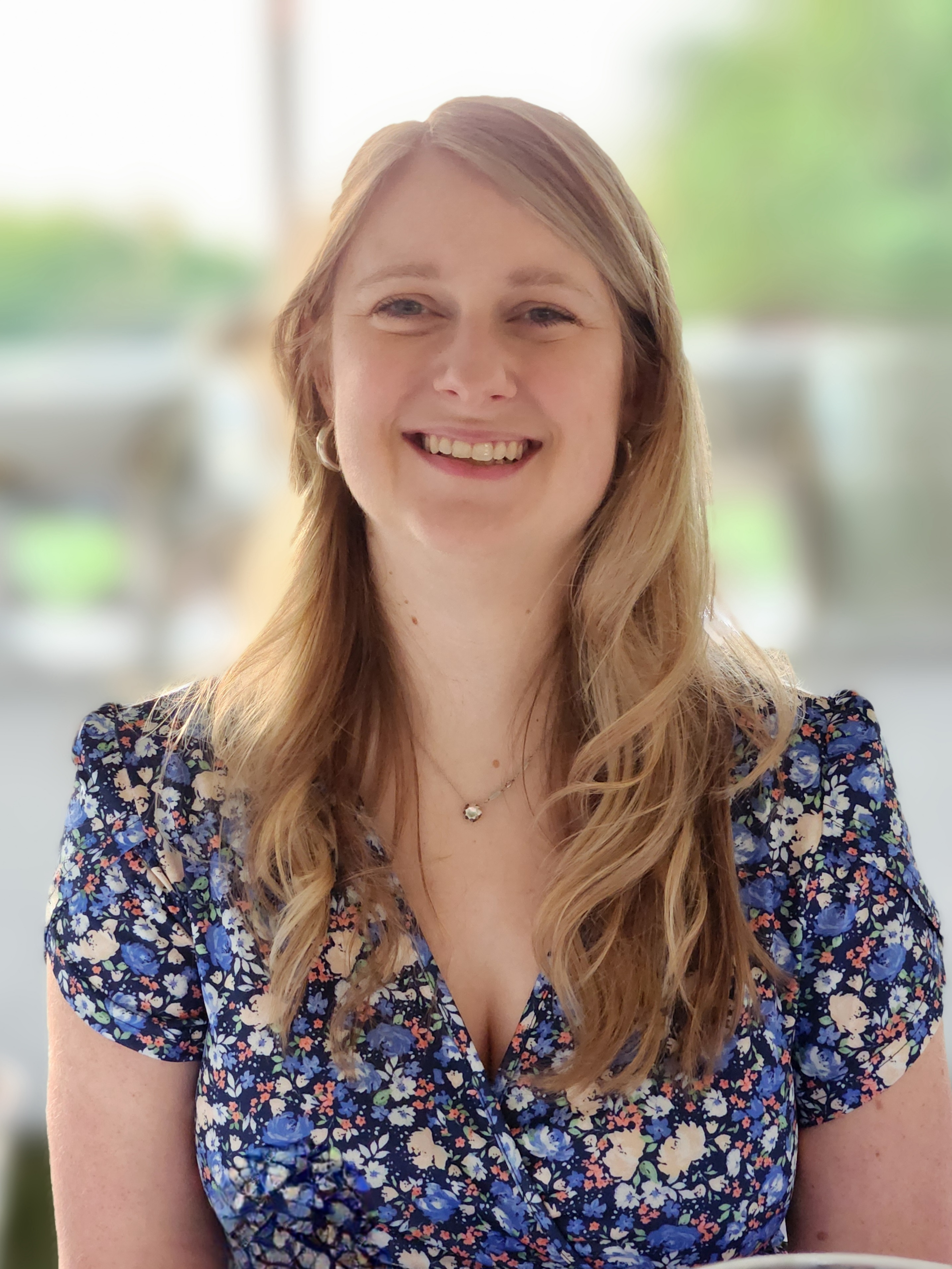
“Academically, Fordham teaches its students to be deeply informed and concerned about injustices in the world, but also deeply moved to do something about them. Across disciplines, Fordham professors teach students not only about important issues in our communities but inspire their students to make a difference.”
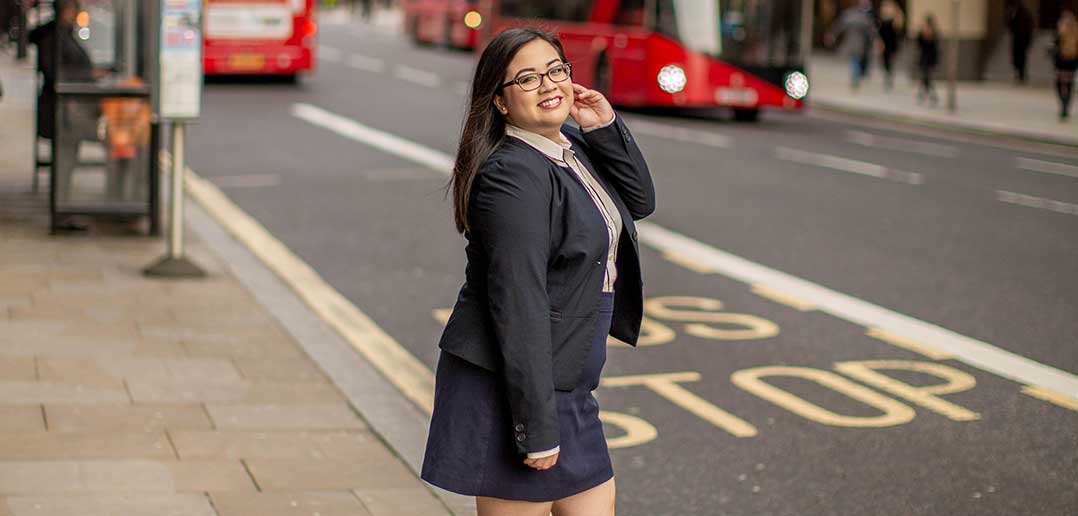
“I received my undergraduate degree in theology and was particularly interested in the theological issues of social justice, which eventually led me to the field of social work. In my work prior to graduate school, I served individuals with severe mental health diagnoses who were managing street homelessness. That experience confirmed my desire to provide holistic and person-centered care to address mental health well-being and offer care in really creative ways.”
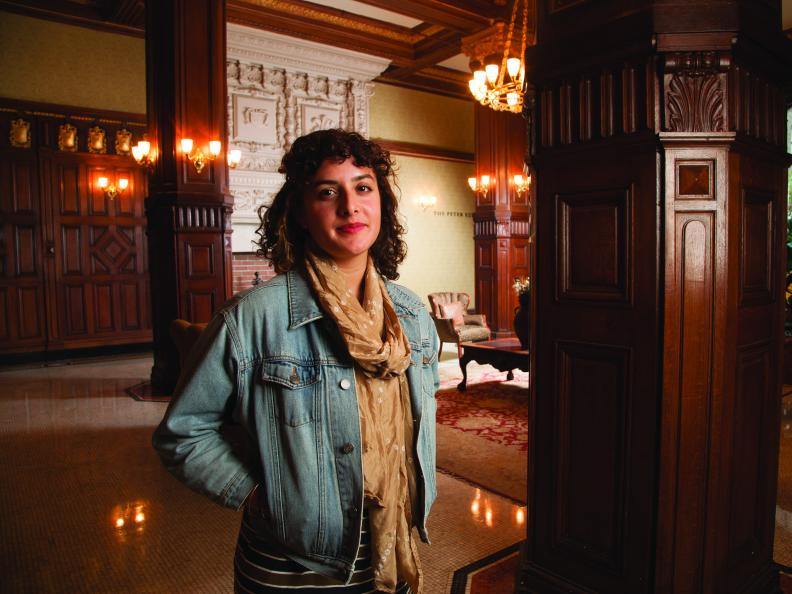
“Tradition is an important resource for Fordham, yet there are an infinite number of ways tradition is characterized. It’s important for people to feel connected to the past, present and future in whatever way works for them.”
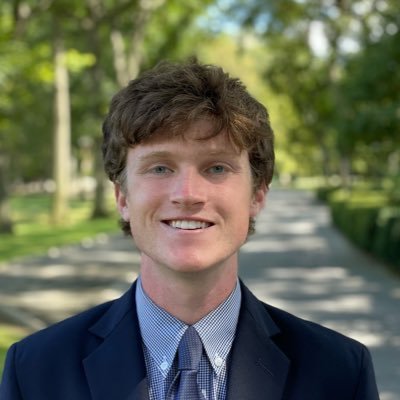
“Throughout my time at Fordham, I’ve brushed against potentially life-altering understandings of the Christian mission and have on occasion felt my soul shimmer as I saw with clarity for a moment how I might be called to it.”
